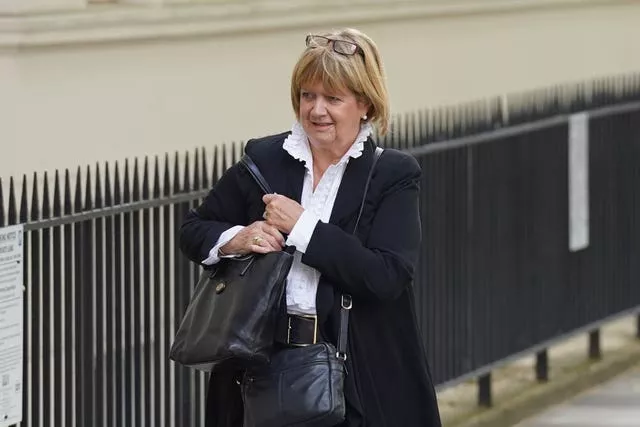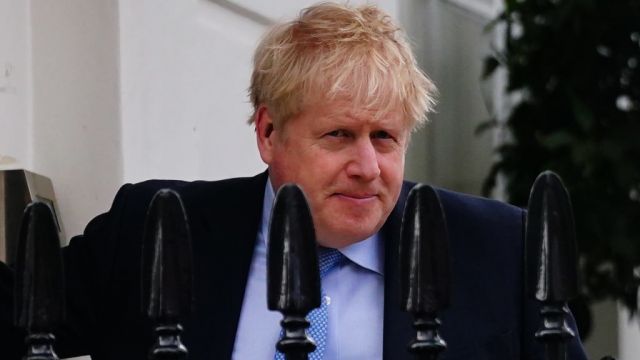The country’s top civil servant said Boris Johnson was “mad” if he did not believe his private WhatsApp messages would become public as part of the UK Covid-19 inquiry.
The comments were made in WhatsApp messages between Cabinet Secretary Simon Case and then-principal private secretary Martin Reynolds, who is appearing before Baroness Heather Hallett’s probe.
Mr Reynolds faced questions about WhatsApp messaging at the top of government during the pandemic.
In correspondence shared with the inquiry from December 2021, Mr Case said: “PM is mad if he doesn’t think his WhatsApps will become public via Covid inquiry – but he was clearly not in the mood for that discussion tonight! We’ll have that battle in the new year”.

Mr Reynolds responded: “Agreed – thanks for your help.”
The former top aide to Mr Johnson made headlines after it emerged he arranged a gathering in the No 10 garden on May 20 2020 when leaving home without a reasonable excuse was banned.
An email on behalf of Mr Reynolds was sent inviting around 200 staff to enjoy the “lovely weather” with some “socially distanced drinks in the garden this evening”.
“Please join us from 6pm and bring your own booze!” the email said.
Dubbed “Party Marty” after reports of the invite emerged, Mr Reynolds was subsequently forced out amid outrage over the partygate scandal.
A range of senior officials, including Mr Johnson’s former chief adviser Dominic Cummings, will appear before Lady Hallet’s inquiry this week.
Ex-Number 10 director of communications Lee Cain will give evidence later, as well as former private secretary to the PM for public services Imran Shafi.
The inquiry’s module two hearings are considering core UK decision-making and political governance.
Lady Hallett, beginning Monday’s proceedings, said she wanted to address reports “suggesting that materials confidential to the inquiry and the core participants have been shared with the media”.
She said: “I wish to remind all those involved in the inquiry as core participants and witnesses of the need to maintain the confidentiality of the materials with which they have been provided unless and until they are used in the inquiry proceedings”.







